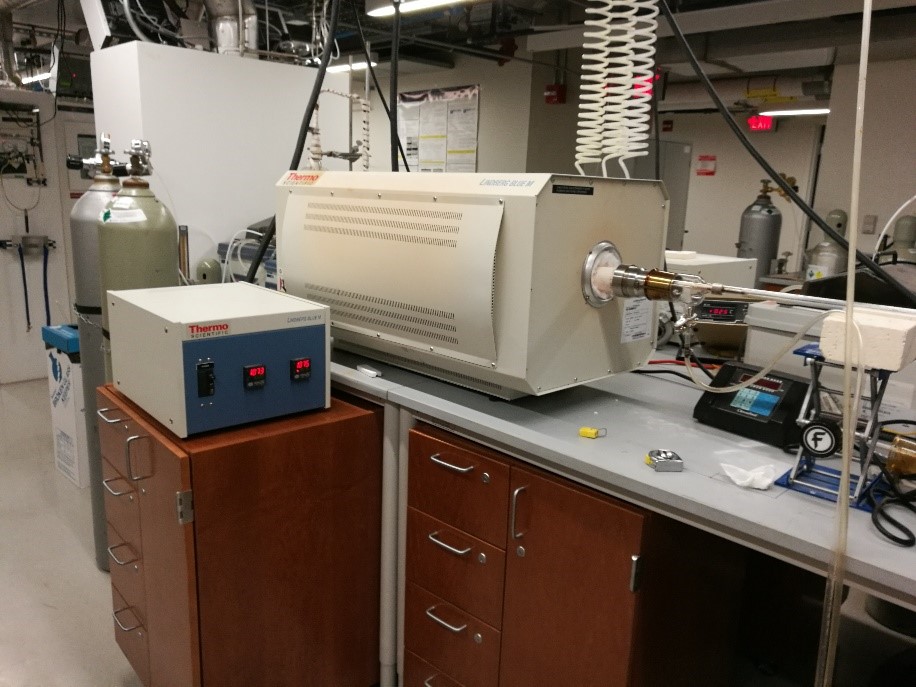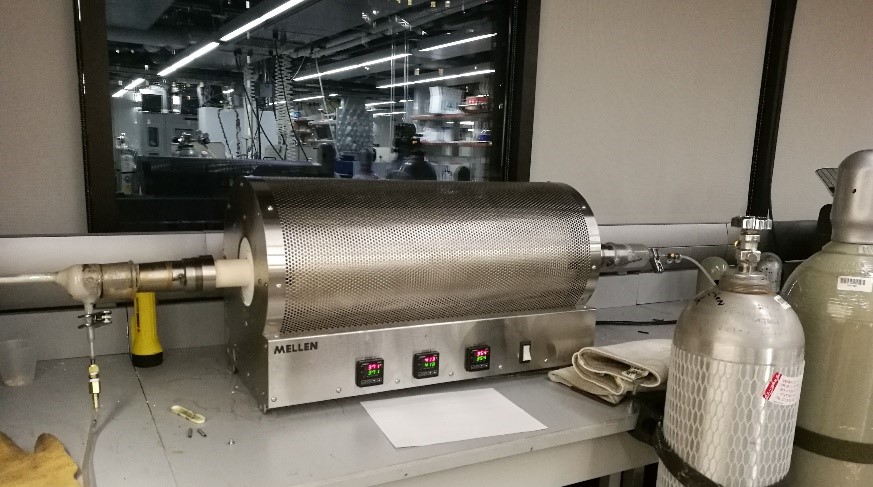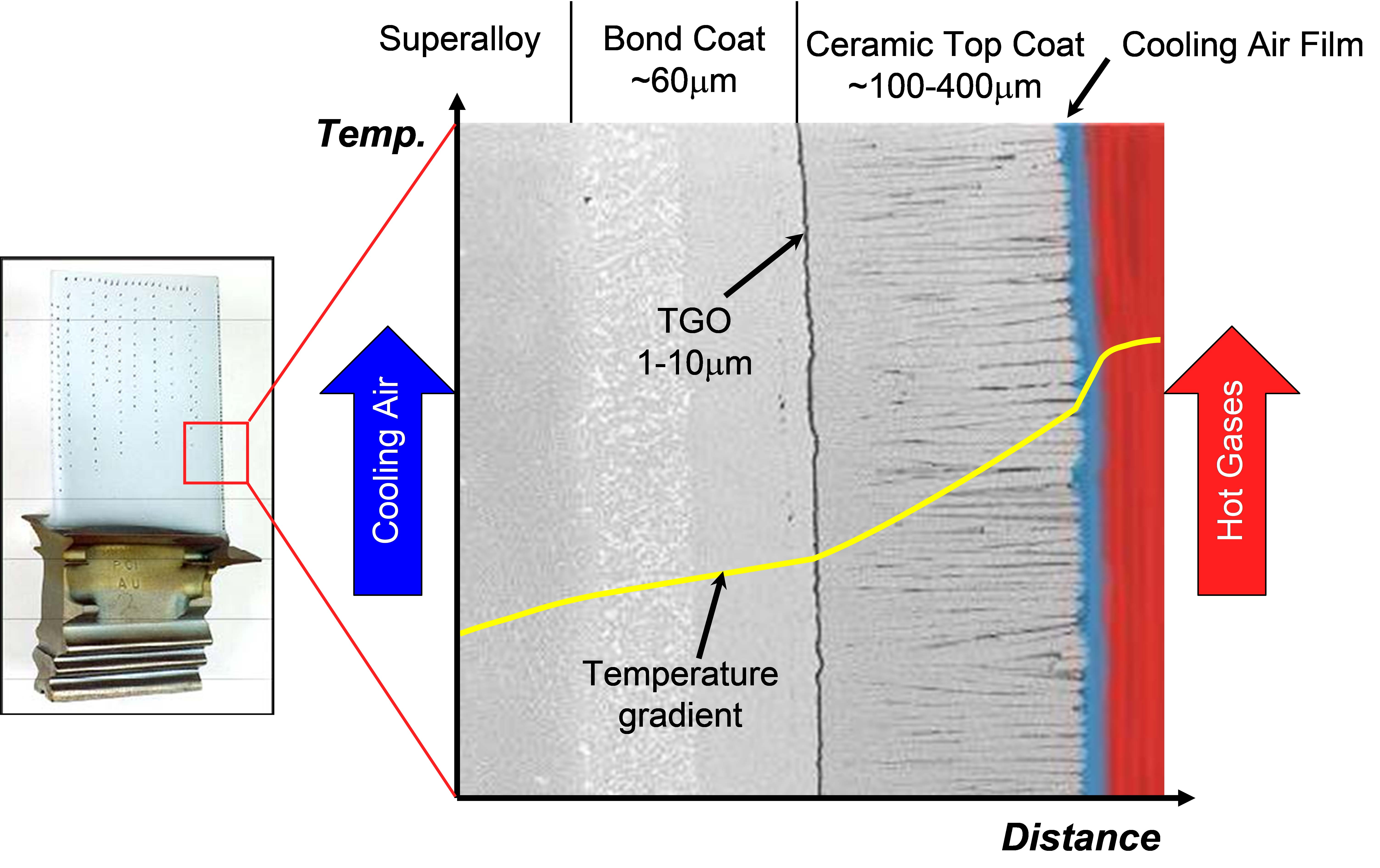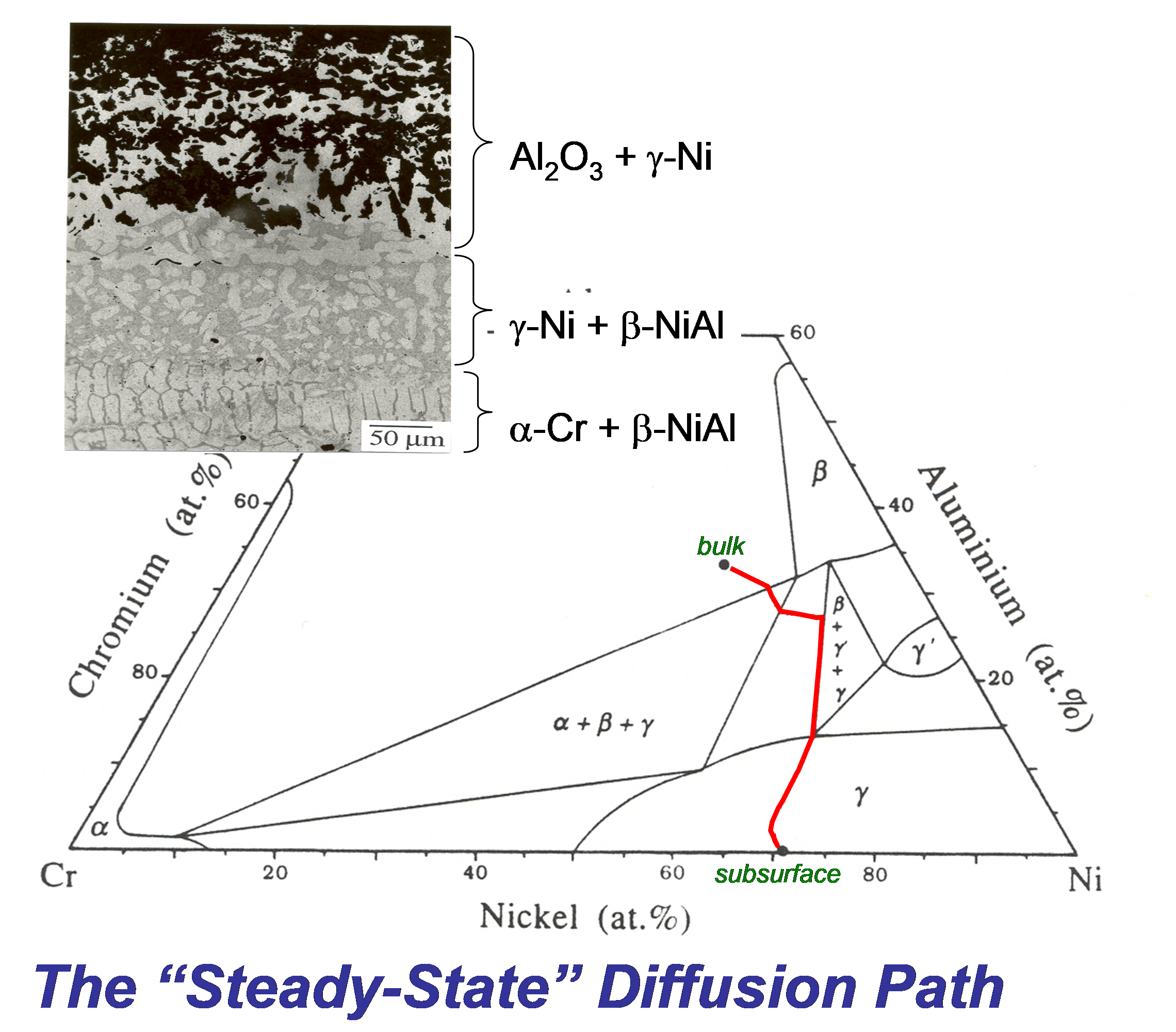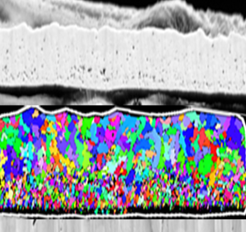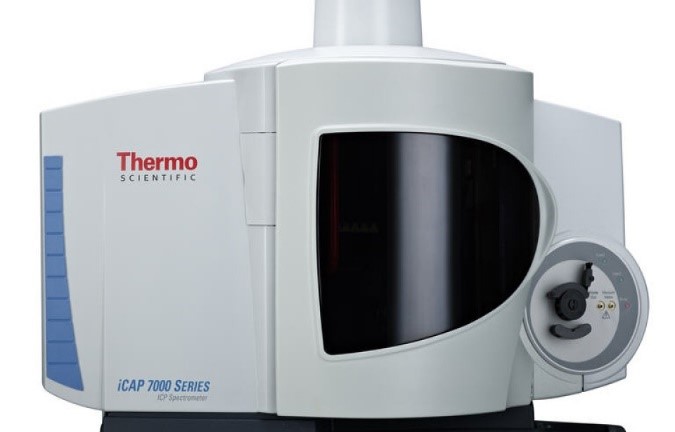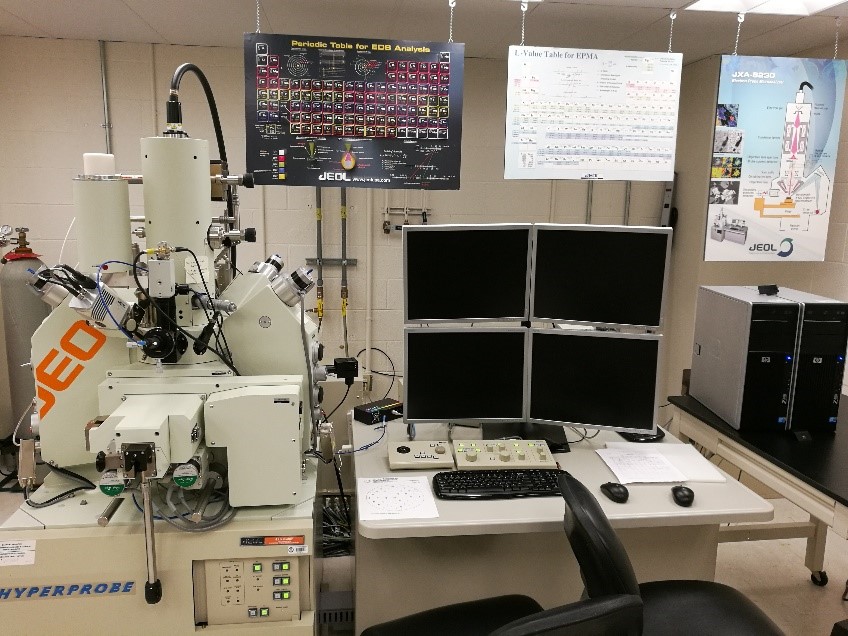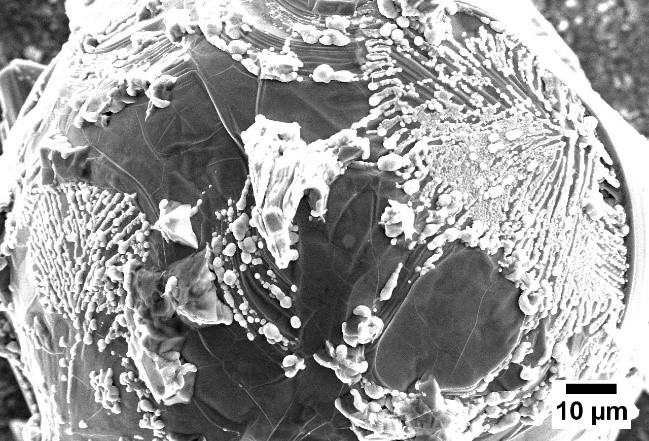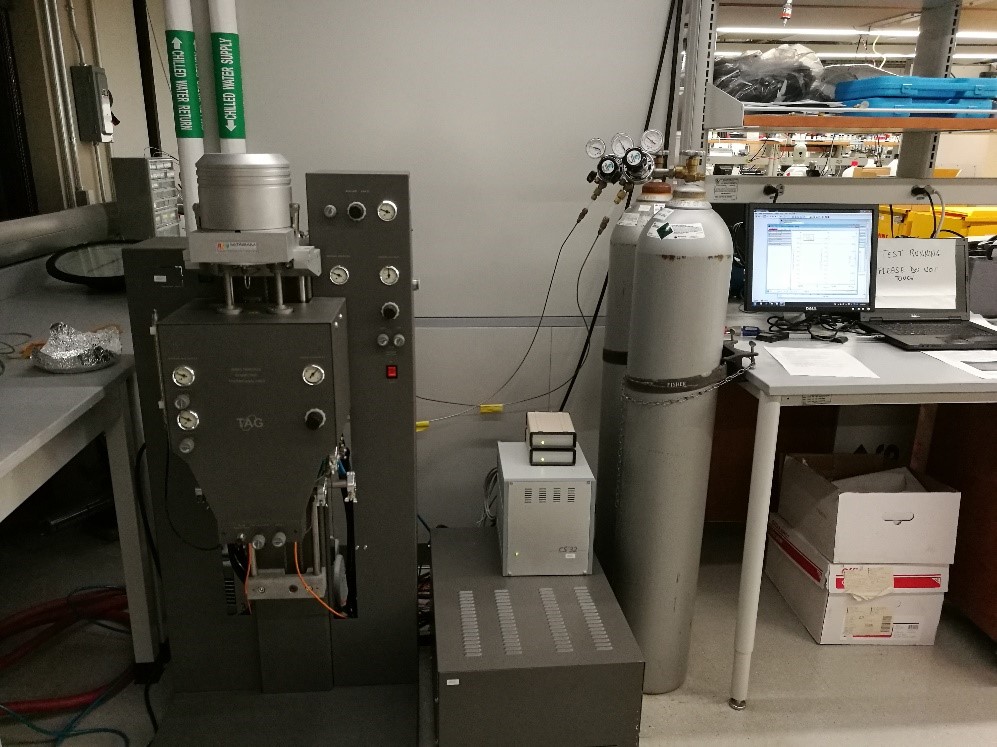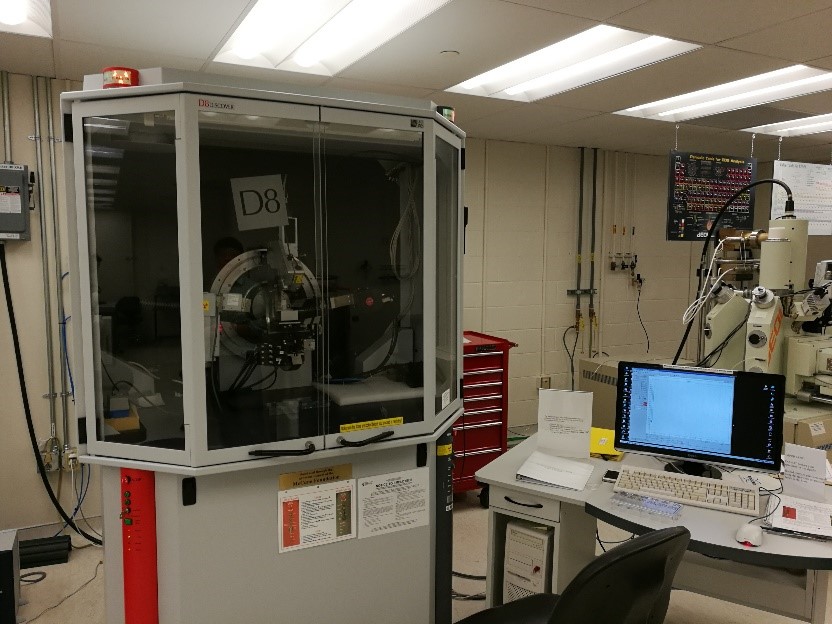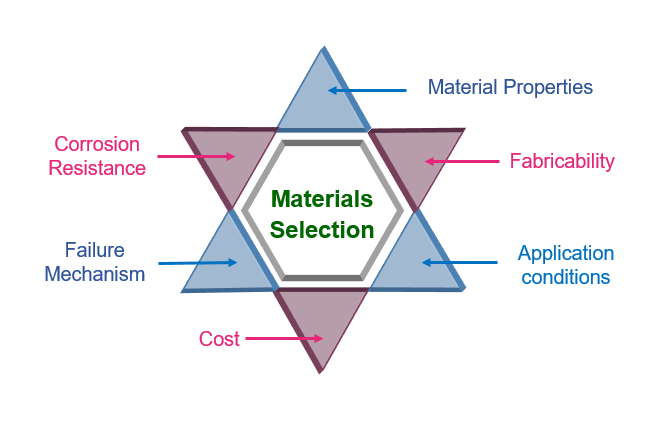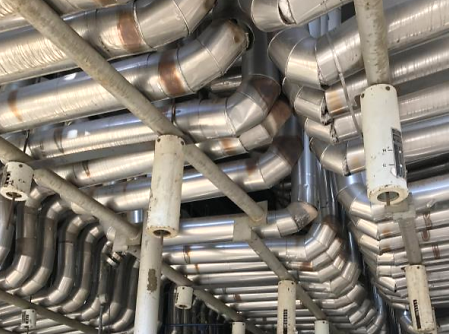Our Lab
The High Temperature Corrosion Laboratory (HTC Lab) has dedicated and specialized capabilities for assessing the high-temperature corrosion behavior of alloys and coatings. Such capabilities serve many industries, including aerospace, power generation, metal processing, automotive, waste incineration, refinery, petrochemical and chemical processing, in which high-temperature corrosion testing is often needed to aid in materials selections and evaluations or to generate essential design or life-prediction data.
The HTC Lab bridges the gap between basic research and commercial application, utilizing extensive experience and expertise to conduct reliable laboratory-scale testing and analyses of corrosion performance under harsh service conditions. The testing capabilities include oxidation, deposit-induced hot corrosion, metal dusting and carburization, mixed-gas corrosion, sulfidation, chloridation, nitridation, and molten salt corrosion, etc. Analysis capabilities include chemical element analysis, optical microscope, TGA/DTA, SEM/EDS, TEM, EPMA, XRD Raman microscopy, etc.
In addition to testing, HTC Lab provides failure analysis, material selection, and technical consulting services relevant to carbon and alloy steels, stainless steels, nickel- and cobalt-base alloys, coatings and claddings, and hardfacing alloys. Drawing upon extensive experience in research and industry, our consulting services include material issues related to high-temperature creep, overheating, corrosion, thermal fatigue, stress corrosion cracking, embrittlement, hydrogen damage, erosion and wear, weldment failure, etc.
High-Temperature Corrosion Testing
Controlled-atmosphere furnace assemblies for high-temperature corrosion testing.
Cholridation Deposit-Induced Hot Corrosion Metal dusting and Carburization Mixed-Gas Corrosion Molten Salt Corrosion Nitridation Oxidation (Isothermal and Cyclic) SulfidationMaterials Characterization
A wide variety of characterization and testing equipment and techniques, including Optical Microscope, SEM/EDS, TEM, XRD, and spectroscopy to evaluate materials structure and chemistry.
Chemical Element Analysis EPMA (Electron Probe Micro-Analysis) Optical and Electronic Microscopies Thermal analysis, TGA (Thermogravimetric Analysis) and DTA (Differential Thermal Analysis) X-Ray DiffractionFailure Analysis and Materials Selection
We provide failure analysis and consulting services that include identify the cause of material failure methods to improve material performance for industrial applications, such as in aerospace, power generation, refinery, petrochemical, chemical, steel making, pulp and paper, automotive.
Consulting Material Recommendation Root Cause Identification Site Visit


